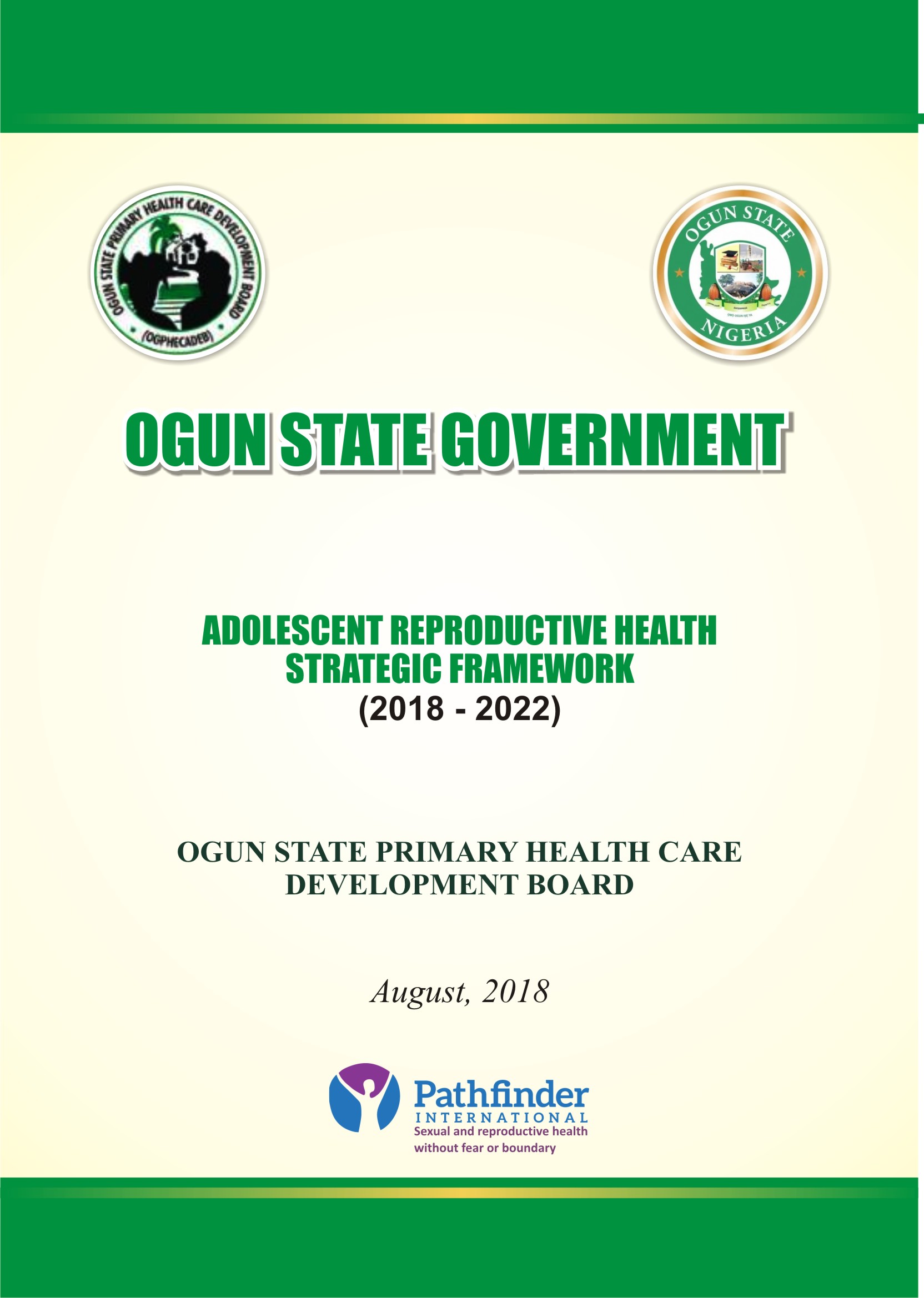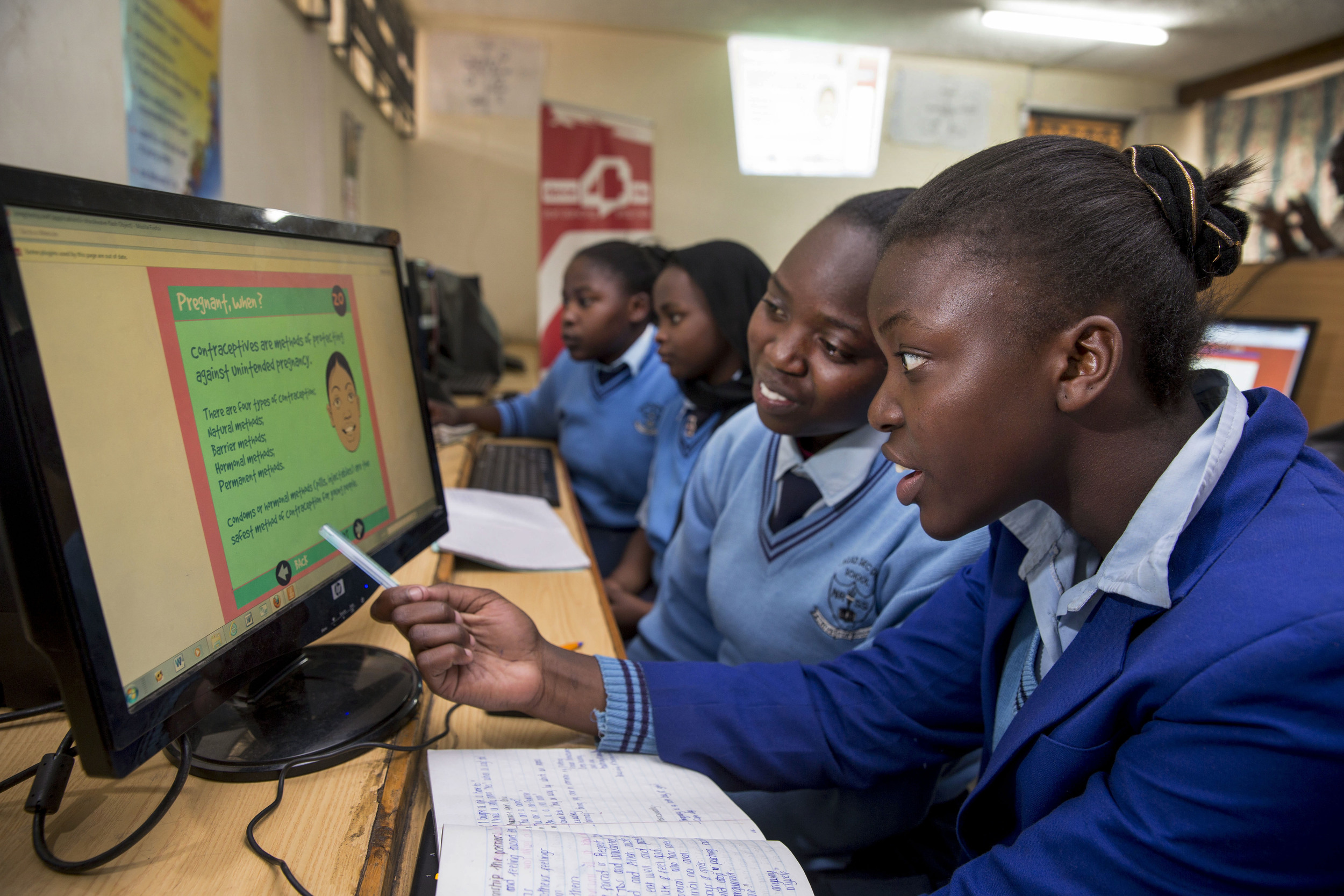View the latest family planning advocacy news from our partners.
In February 2019, the Ogun State Primary Health Care Development Board launched an Adolescent Reproductive Health Strategic Framework (2018-2022). The framework aims to increase access to sexual and reproductive health (SRH) information and services for all adolescents and young people in the state by 2022. It also facilitates stronger coordination of adolescent SRH across relevant state ministries, departments, and agencies.
Four Kenyan counties have, for the first time, established multi-agency government task forces with action plans to address their high teenage pregnancy rates. The action plans commit to leverage resources for, address policy barriers to, and enhance efficiency in providing contraceptive information and services for young people aged 10 to 19. As of June 2019, the action plans are officially approved, and implementation is underway.
Twenty-six public health facilities in Ahmednagar district in Maharashtra, India, have seen a 26% increase in the number of clients receiving postpartum intrauterine device (PPIUD) services between April 2018 and March 2019, compared to the same period last year. This increase in uptake follows renewed government efforts to enhance provider training on family planning counseling and PPIUD service delivery across the district. Acceptance rates for PPIUD among clients delivering in facilities also rose 8 percentage points from 25.4% to 33.4%, compared to the prior year.
On September 27, 2018, the Governing Board of the State Innovations in Family Planning Services Project Agency (SIFPSA)[1] approved a proposal to establish youth centers in 40 colleges across Uttar Pradesh. The proposal included a budget of 14.8 million Indian rupees (INR) (US $207,500) and an operational plan for all 18 divisions in the state.
On December 13, 2018, the President of the Democratic Republic of the Congo (DRC) signed a revised comprehensive public health bill into law. For the first time, the law creates a new legal environment favorable to family planning and reproductive health, repealing and replacing a colonial law from 1920 prohibiting any form of action against or preventing procreation.
February 13, 2019
A new law in the Democratic Republic of the Congo (DRC) now requires mining companies to support socially-responsible programs, and prominent leaders are calling on the companies to invest in family planning. Following a request from the President of the DRC, in December 2018, civil society members met with government leaders and over 20 mining companies to discuss options for including family planning in their social responsibility strategies.
In September 2018, Nigeria’s Essential Medicines List (EML) committee approved inclusion of subcutaneous depot medroxyprogesterone acetate (DMPA-SC). This decision ensures a more sustainable procurement plan for the injectable contraceptive and permits the private health sector to access and provide it.
Please join Advance Family Planning at the 2018 International Conference on Family Planning (ICFP)
On October 9, 2018, during the national family planning validation meeting, Kenya’s Ministry of Health amended its family planning guidelines to allow pharmacists and pharmaceutical technologists throughout the country to provide subcutaneous and intramuscular depot medroxyprogesterone acetate (DMPA-SC and DMPA-IM). This policy change opens up an alternative for women and adolescents who may be reluctant to seek contraception at health facilities.
On September 6, 2018, the National Technical Committee of Bangladesh approved a pilot project to introduce subcutaneous DMPA (depot medroxyprogesterone acetate)—often marketed as Sayana® Press—for self-injection. The pilot will assess the contraceptive method’s acceptability and feasibility within the National Family Planning Program.
On July 18, 2018, in a State of the Nation address, President Joseph Kabila of the Democratic Republic of the Congo (DRC) made a strong statement in support of family planning.


